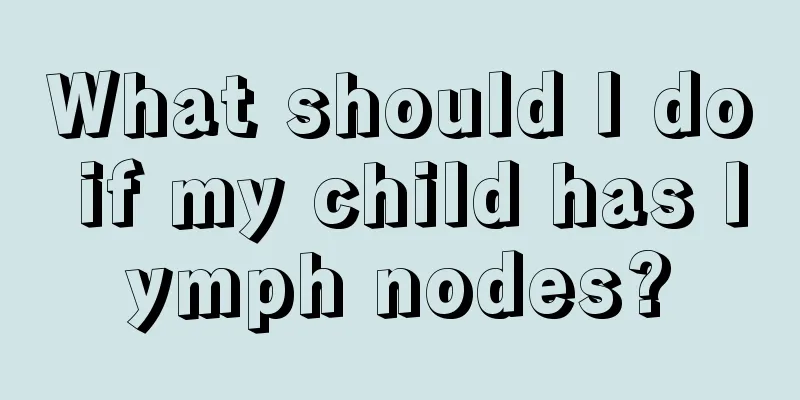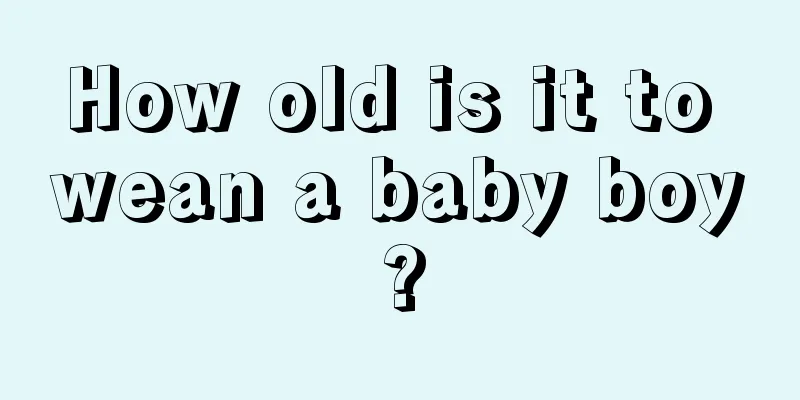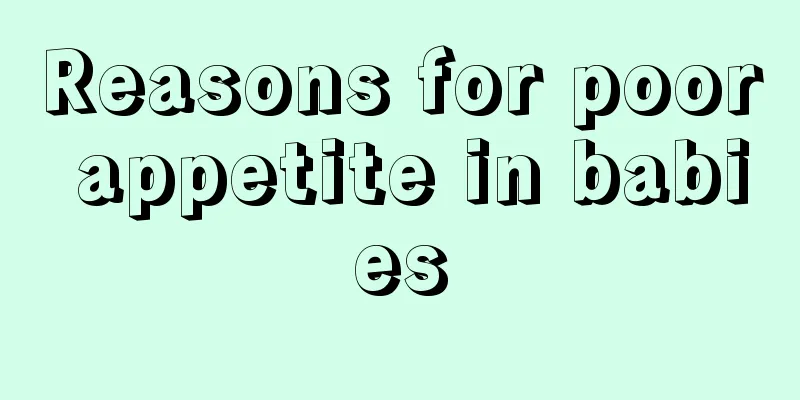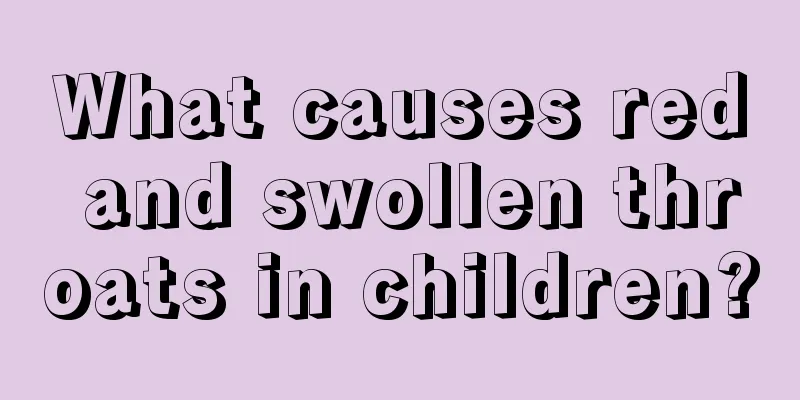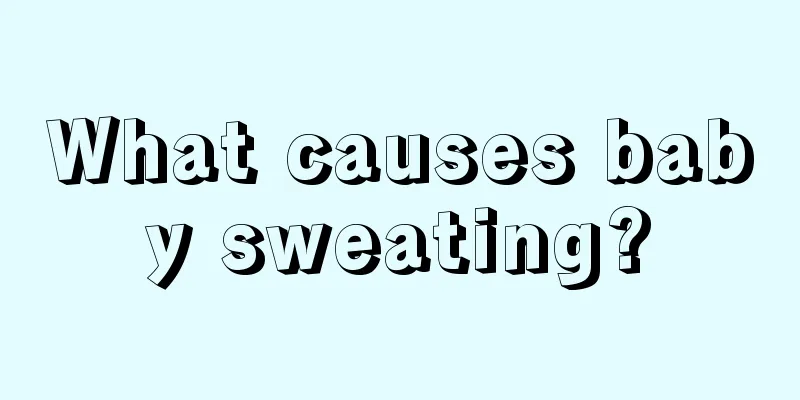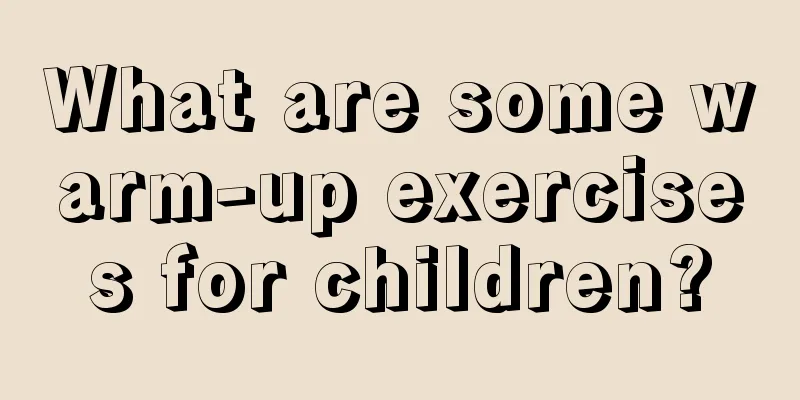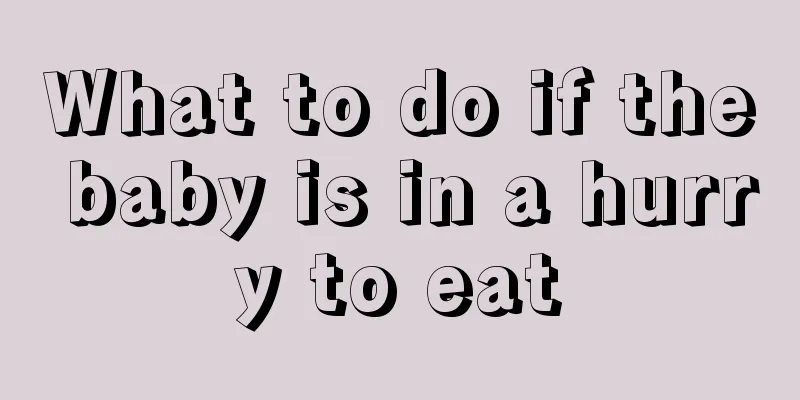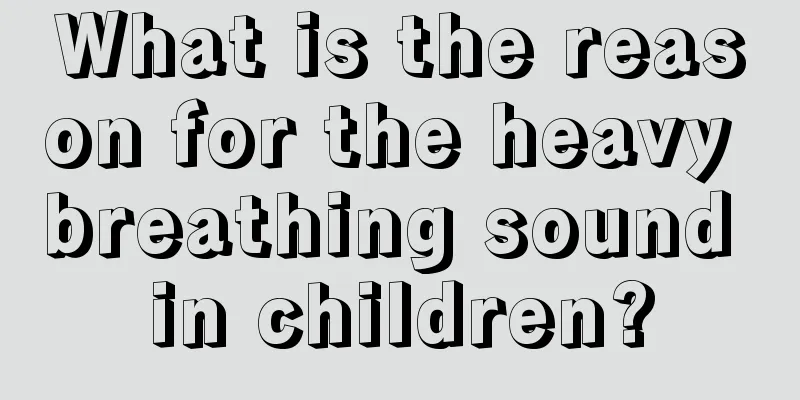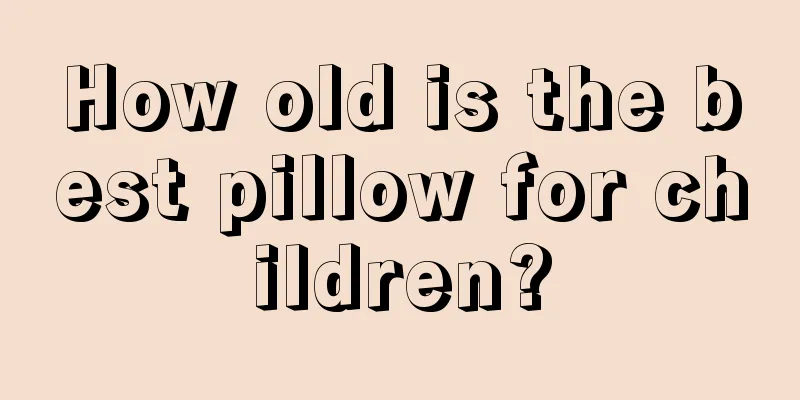What is the cause of dry cough and low fever?
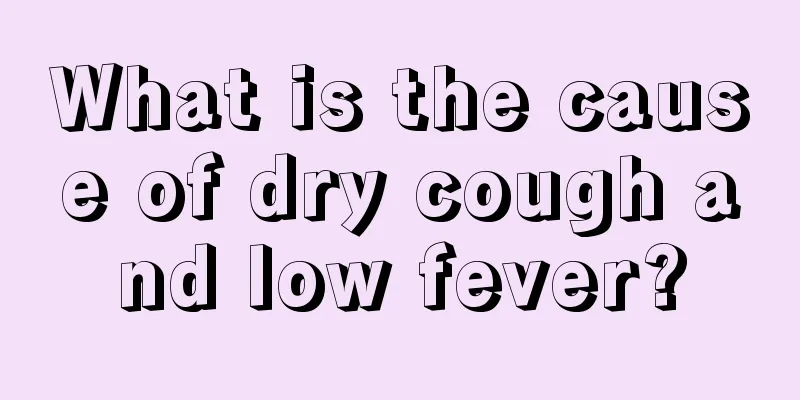
|
Most children nowadays have very weak constitutions. Because of our living environment and air pollution, the incidence of various diseases is relatively high, especially bronchial or lung function problems. Frequent inhalation of haze can easily cause dry cough, which can damage the body's immunity over time and cause low fever. Low fever plus dry cough may indicate pneumonia or some other inflammation. Is a child's low-grade fever and cough pneumonia? 1. If your baby coughs without a fever, it may also be pneumonia. Many parents only know that symptoms such as fever and cough are typical manifestations of pneumonia in children. However, they do not know that even if a child does not have a fever or cough, he or she may still get pneumonia. Especially for infants under 1 year old, whose immunity is relatively low, they may not necessarily have a fever when pneumonia first occurs. In addition, their airway responses are not yet fully developed. Even if there is airway inflammation, they usually do not have an obvious cough reaction. Some children do not even cough. 2. Children with pneumonia generally suffer from hypoxia problems. If the hypoxia lasts for a long time, it will affect the child's brain development. Children with severe pneumonia may also experience respiratory distress, respiratory failure, and in severe cases, even life-threatening. According to a survey, pneumonia ranks first among the causes of death among children under 5 years old in our country. Distinguishing between pneumonia and common cold in children 1. Look at the coughing and breathing conditions. Babies with pneumonia usually have severe coughing or wheezing, which is severe and can cause breathing difficulties. Coughing or wheezing caused by colds and bronchitis is usually mild and does not cause breathing difficulties. 2. Look at the diet. When a baby has pneumonia, he has a poor appetite, does not like to eat, does not want to drink milk, and often cries and is restless. When a baby has a cold, his diet is basically normal, or he eats and drinks slightly less. 3. Look at the mental state. When a baby has pneumonia, his mental state is not very good, and he is prone to irritability, crying, drowsiness, etc. When babies have a cold, they are generally in good spirits and can eat and play. The above is the relevant information on whether a child’s dry cough and fever is pneumonia. These materials can ensure that everyone has a new understanding of pneumonia, especially the difference between colds and pneumonia. Please take a good look at it, because it is related to whether your child can get quick treatment if he or she gets pneumonia. |
<<: One-year-old baby has recurrent low-grade fever
>>: What should I do if my child has a low-grade fever?
Recommend
What are the methods for treating precocious puberty?
The treatment of any disease should be based on t...
What to do if your four and a half month old baby doesn't like to drink milk
Mothers should not think that it is their baby’s ...
What should I do if my child is angry?
Heart fire can be divided into two types: one is ...
What are the symptoms of frequent blinking in children?
What are the symptoms of frequent blinking in chi...
What should I do if my child has neurogenic urinary frequency?
In the fast-paced society, not only adults are un...
How to eat when baby has pharyngeal ulcer
The baby is the apple of the eye and the joy of a...
Why does a child have diarrhea after eating shrimp?
Shrimp is very nutritious, but why do some childr...
Is it good for children to exercise more?
Children usually have incomplete development of t...
What to do if the baby doesn't want to eat complementary food?
There are many babies who are very picky when the...
What is the disease of the child's belly button pain
The baby is still very young, and since the child...
Neonatal fundus lesions
In fact, neonatal fundus lesions are also called ...
Why do children get sinusitis?
Children are very prone to catching colds when th...
What should children eat if they lack vitamins?
Children's physical health is the issue that ...
How to treat a child's cough?
Children in every family are the apple of every f...
What are the main causes of fetal malformations?
Nowadays, people are more and more particular abo...
